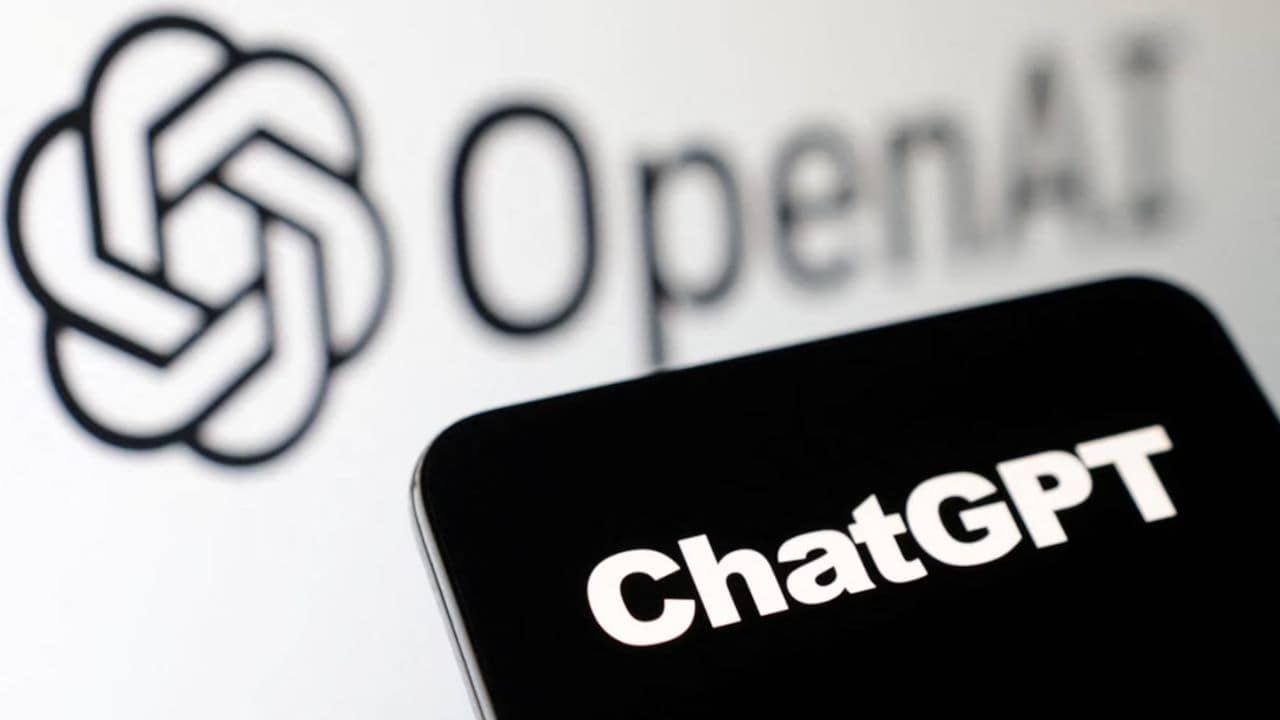In a landmark legal action, major Canadian news organizations have filed a lawsuit against OpenAI, alleging that the tech firm has been unfairly profiting from their content by using it to train its ChatGPT software, as per reports.
The suit, which could be worth billions of dollars, was filed in Ontario’s Superior Court of Justice on Friday.
The plaintiffs, which include prominent outlets such as the Globe and Mail, the Canadian Press, the CBC, the Toronto Star, Metroland Media, and Postmedia, accuse OpenAI of “strip-mining journalism” and unlawfully enriching itself by using articles without their permission.
They claim the company has been scraping their websites for valuable news content and using it to enhance its AI models, including the highly popular ChatGPT.
The lawsuit demands substantial financial compensation, including up to $20,000 Canadian Dollars for each article that OpenAI allegedly used, suggesting that a successful outcome could result in damages worth billions of dollars.
The news organizations are also seeking an injunction to prevent OpenAI from using their content in the future.
The statement of claim filed in court argues that OpenAI deliberately “scrapes” content from the plaintiffs’ websites—an act of unauthorized copying—without obtaining consent or authorization.
This practice, the plaintiffs contend, is not only unlawful but also a direct assault on their business model, which relies on generating revenue from the original journalism they produce.
While the case is in its early stages, it follows a broader trend of media organizations fighting back against tech giants like OpenAI and Meta.
In the United States, high-profile lawsuits from news outlets such as the New York Times have also targeted OpenAI over its use of copyrighted materials without compensation.
OpenAI, valued at over $150 billion, has signed licensing deals with several media companies, including the Associated Press, NewsCorp, and Condé Nast.
However, the company has yet to comment on the Canadian lawsuit.
